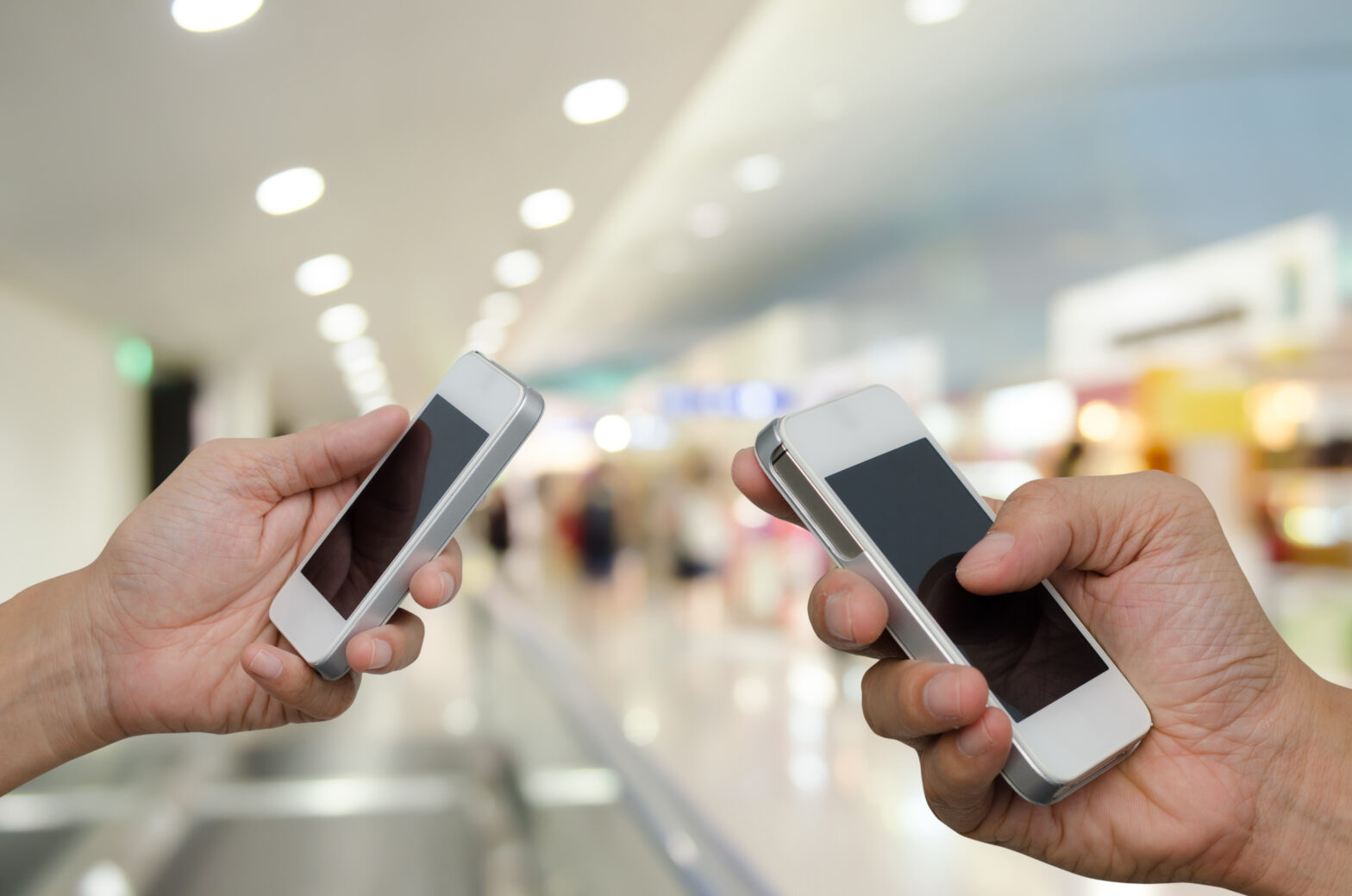Continuing with my theme of courtesy in business, I find the digital age is a particular challenge. It is alarming to see people walking around in buildings with phones glued to the sides of their heads attempting to achieve better signal, with scant regard for the passage of those sharing the building with them.
The same is true using transport, where not infrequently, the auditory and often visual senses of certain members of the public are completely blocked as droves listen to music and check a myriad of social networks, interspersed with incoming telephone calls.
I know people who feel the need to send emails at midnight and those for whom their iPad or other tablet device is picked up with every bleep the inbox receives with all the alacrity of a lab rat being fed a pellet food in an experimental chamber.
Without doubt, digital devices make the world smaller, allow us to promote our businesses and/or ourselves prolifically at low cost and permit opportunities for commerce and social interaction that have never existed before. However, the very nature of the technology involved juxtaposes expediency with shallowness, often precluding the depth of human interaction that can occur the face-to-face where the tactile experience of ‘pressing the flesh’ is suffused with the experience of the physical presence of another, often facilitating more authentic, durable relationships.
Time away from tech
I tend to ask my clients to switch the phone off when they’re in session with me, as I believe it is important for people to have a space and time away from technology. This also serves to keep their consciousness in the room, not with some anonymous incoming caller. To do otherwise would intrude upon the relationship we are co-creating in that moment, effectively devaluing the time we spent together.
People’s behaviour is conditioned by their technology, simply pursuing and reacting to the next stimulus that comes in. Of course it’s all about ‘work’ and ‘connectivity’, and these justify the breaking of what is in the here and now, to go and find out what the intrusive call or email brings in with it. It’s quite amusing sometimes to see people who are literally run by their devices rather than the other way round.
Instead of disabling these things periodically and controlling the flow of information that comes into them until they are fully receptive and in a resourceful place to deal with it, many allow constant intrusion on their thought and consciousness in ways that are can inhibit deeper, reflective thinking.
We can all too easily begin to overestimate our own importance, requiring ourselves to be available on a 24/7, with everything being seen as urgent, aggrandising ourselves with the false notion that somehow the world or our business will face cataclysm if we take a few minutes to not be electronically available and concentrate on the here and now.
Technology was developed ultimately to serve humankind and yet we see so many conditioned to worship at its altar with very little volition or sense of autonomy. We reach for the phone or tablet without a second thought to the personal and social consequences of that conditioned act and fail to recognise that while appearing to be in command our world, we are no longer in control of it.
Mental health issues have seen a sharp increase in recent times, especially anxiety and depression. There is little doubt that the use of technology around the clock, taking us away from the traditional 9 to 5, means there is no firebreak in the constant stimulation from around the globe. While this can inform and enlighten, it can also cause stress.
Health detriments
We also have a little way to go to fully know the effects of being surrounded by so many electromagnetic fields. We know long-standing research and monitoring is being undertaken by several institutions, including the UK Biobank. When we drive, the localised radiation of our phone is said to be amplified by the Faraday Cage effect and one can only speculate how that is amplified with a train full of commuters or even a business breakfast, where large numbers of mobile devices coalesce in close proximity.
Aside from our need for a psychological detox from technology, there may be long-term health consequence we have yet to realise. Whilst not wishing to scaremonger, these things are to notice and reflect upon as we know we can’t rely on the industries that propagate this technology to warn of any related health issues.
Irrespective of any health problems that may lie within the electromagnetic spectrum, the health deficits of a growing population of people who spontaneously, and without thought, respond to their technology as a conditioned stimulus without regard to the long-term social and psychological consequences are much more tangible.
It may be that people need to learn to switch off their devices more often, leave them outside of meeting rooms perhaps consult emails three to four times a day rather than as they come in, talk to people they meet on the train more and try to regain control of the machines that increasingly govern our human experience. We talk of a work-life balance but perhaps we need more of a technological-personal contact balance in our lives so that technology enriches rather than rules us. A good ‘digital Detox’ could be beneficial at so many levels; for our health, relationships, business and our overall quality of life.
David Cliff is managing director of Gedanken.





